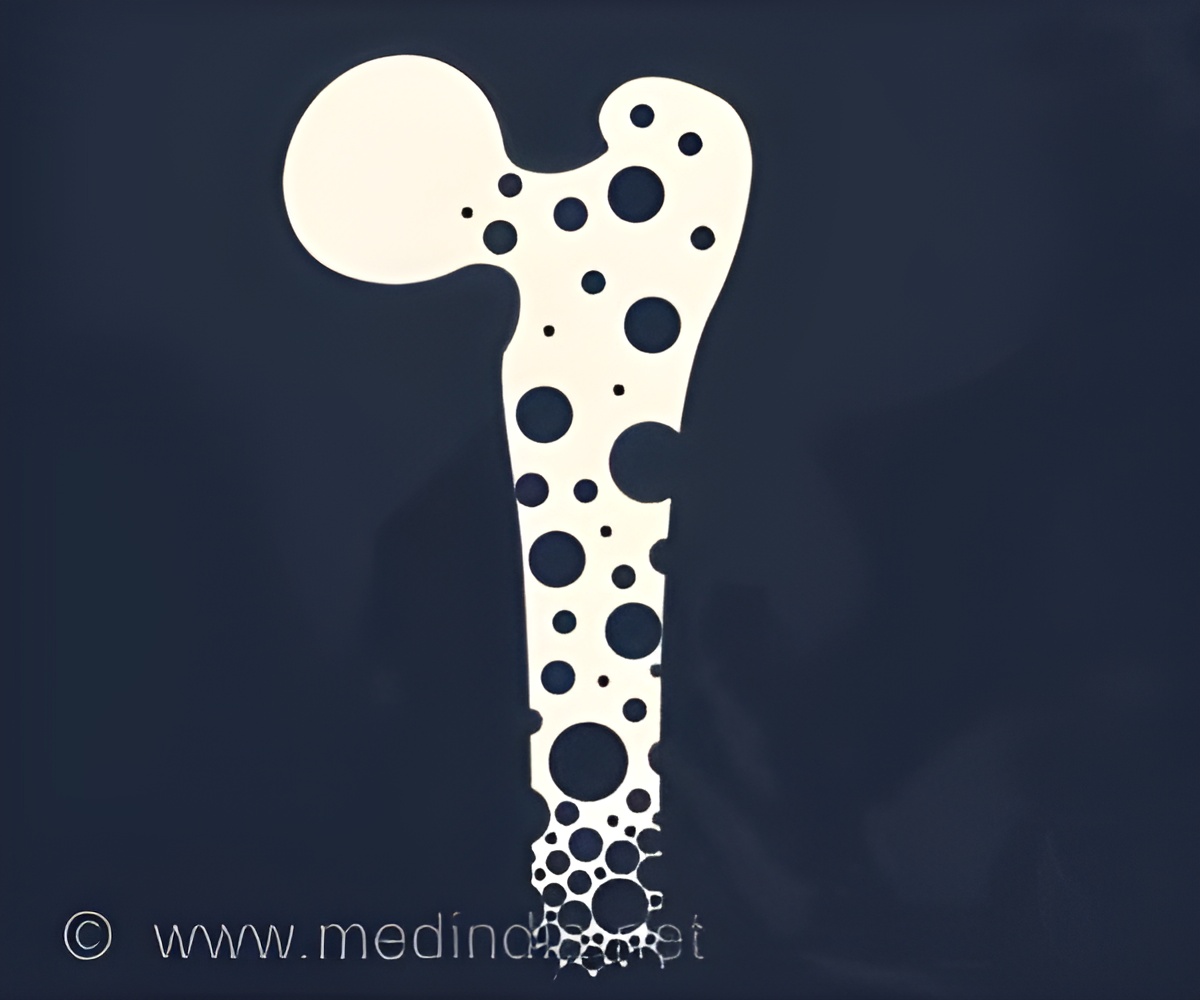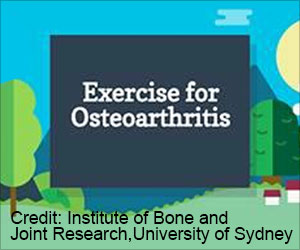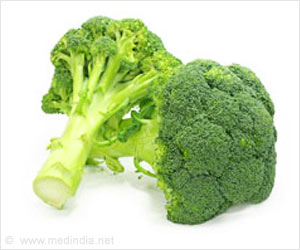Consume a healthy diet and maintain a healthy weight to stay hail and healthy.

Impact of Diet on Health
Diet is known to influence cardiovascular and mental health outcomes, but it’s not clear whether it might also influence the symptoms and progression of rheumatic and musculoskeletal diseases.In a bid to find out, the European League Against Rheumatism (EULAR) convened an international task force in 2018 to look at the potential impact of diet, exercise, weight, alcohol, smoking and paid work on disease progression, and develop appropriate recommendations for clinicians and patients for each of these behaviors.
For the dietary recommendations, the task force searched for relevant systematic reviews of randomized controlled trials or observational studies and pooled data analyses looking at the impact of dietary components/supplements on pain, joint damage, and physical function for seven common rheumatoid and musculoskeletal conditions.
These were: osteoarthritis; rheumatoid arthritis; systemic lupus erythematosus; axial spondylarthritis; psoriatic arthritis; systemic sclerosis; and gout.
In all, 24 systematic reviews, published between 2013 and 2018, and 150 original research articles with no restriction on publication date, were included in the pooled data analysis.
Advertisement
There were relatively few dietary studies for osteoarthritis, meaning that the evidence for these was graded as poor or very poor.
Advertisement
The evidence for fish oil/omega-3 for systemic lupus erythematosus was rated as moderate but showed no effect on outcomes. The evidence for all other studies on this condition was rated as poor or very poor, as it was for axial spondylarthritis.
Similarly, the evidence for fish oil/omega-3 for psoriatic arthritis was rated as moderate and showed no effect on outcomes. The evidence for other dietary interventions was rated as poor. The evidence for systemic sclerosis and gout was also rated as poor.
“Therefore, based on the current evidence, there is no single dietary intervention which has substantial benefits on the outcomes of people with [osteoarthritis and rheumatoid arthritis],” conclude the authors.
“While there have been far fewer research studies published for the other included [rheumatic and musculoskeletal diseases], again, there is no consistent evidence that any dietary exposure significantly improves outcomes in these conditions,” they add.
While diet might not make much difference to disease progression in these conditions, those who live with them should nevertheless make sure they eat healthily and don’t put on too much weight, they emphasize.
“Health professionals can advise people with [these conditions] that consuming specific dietary components is unlikely to influence the progression of their [disease], but that it is important to maintain a healthy diet and healthy weight for general health reasons,” they write.
Source-Eurekalert















